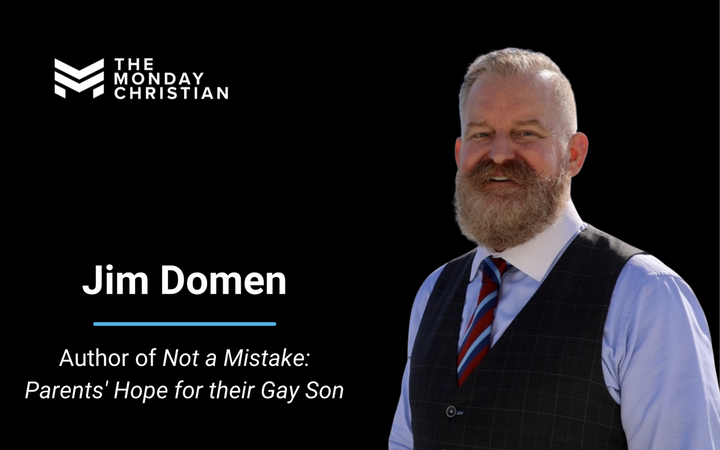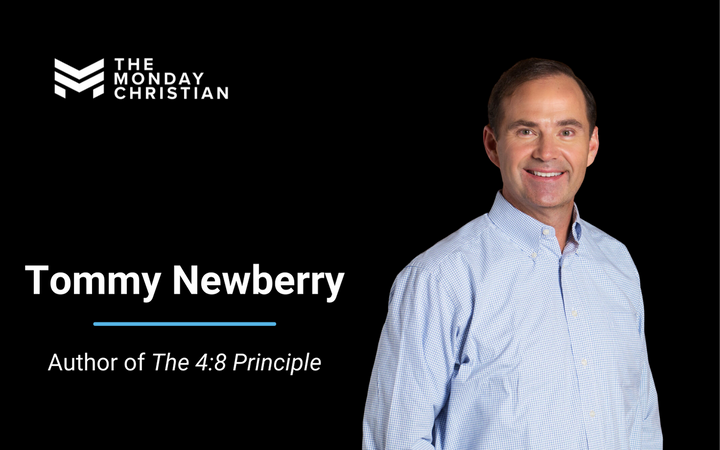Do I Love Everyone On The Train?

In the rushing kaleidoscope of clickbait titles that jump out of my phone screen every week, one, in particular, caught my eye. ‘Tell everyone on this train I love them’: The meaning of a hero’s final words. The article was written by Maeven Higgins, an Irish podcaster and comedian, who has apparently authored a new book with that sentence as the title. The book is a series of essays on living in the US and the divisions and unities, hatred, and beauty that makes up fairly divided political and ideological factions.
The book and its idea were born out of a singular tragic event. A white supremacist threatened some girls on a train, at least one of whom was Muslim and was stood up to by three very brave commuters. Two paid with their lives and one was badly wounded. One of those men, 23-year-old Taliesin Myrddin Namkai-Meche, told a lady who knelt by him in his final moments, “Tell everyone on this train I love them.” The article I read was recounting this story’s impact on the author and the implications she took away from it.
The story struck me for two reasons. The first is the incredible character and the Christ-likeness of Namkai-Meche’s actions and attitude. The second something that I think was missed. In all of the article’s talking about love and acceptance and learning to live with other people, the white supremacist is absent past his despicable actions. He doesn’t feature at all in the love and forgiveness of the story; at least not explicitly. Perhaps this is because he hasn’t sought it and even if he had, in the hard transactional nature of modern society, redemption isn’t always allowed in the social contract.
It is easy to leave him out. In many ways, I agree with that reporting since I feel like we live in a culture that too often wants to focus on the negative and talk ad nauseum on the perpetrator and forget the victim. But I think we miss something that I would like to think would have been Namkai-Meche’s intention. He wanted everyone to know that he loved them, perhaps even the unloveable.
I am not writing a critique of the author or even trying to twist a dying hero’s words but I am a Christian and I have a lens through which I see the world. Just as many people seemed to take certain ideological lessons from this beautiful and tragic story, I see something that I felt was noticeably absent in everyone’s reaction to Namkai-Meche’s actions and words; that forgiveness and love have to apply to everyone.
I don’t know about Maeve and I don’t know about Namkai-Meche, but I do know a little bit about my heart. I know I find it easy to love the person I see as slightly “below” my station. The down and out that needs my helping hand or the “equal” or “superior” that treats me with civility and decency and obeys all the written and unwritten rules of decorum in proper Christian society.
I can love those who have a slightly different or perhaps a drastically different worldview, but still treat me with civility. But what about the one who threatens me or hurts me in some way? Can I love the unloveable?
I know what Christ tells me to do. I don’t often like it, but I know what he tells me to do. He said to love those who hate you. Pray for those who persecute you. He didn’t just tell us to do this in Matthew 5:44, He showed us how in Luke 23:24 and then summed it up for us in Matthew 28:19. In other words, tell everyone on this earth I love them.




Comments ()